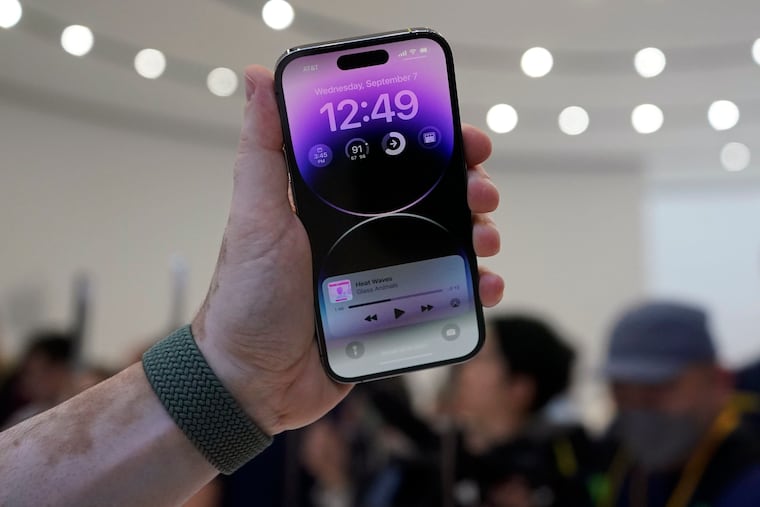Seniors don’t have age-related difficulty mastering technology. We just lack the patience.
Those who grew up solving problems by human interaction have to learn to deal with an electronic moat.

To hear Dwight Spivey tell it, the issue is impatience and not incompetence.
Spivey is the author of iPhone for Seniors, part of the Dummies series of books and one of the 30 works he has written about technology.
His conclusion is that octogenarians like me don’t have particularly age-related difficulty mastering the technology we need. We just feel like we don’t have enough days left on the planet to spend our precious time mastering the detailed “whys” of iPhones and other digital products.
“You reach a certain point in life,” says Spivey, who is 51 and lives in Mobile, Ala., when “you don’t want to learn the details.” In other words, we don’t want the labor pains, we just want the baby.
I think Spivey is onto something, but I’m not sure that a 51-year-old can appreciate the feelings of folks who just sense they are in a different universe from the one they grew up in — and the bewilderment, frustration, or even fear this can cause.
A simple iPhone, he points out, has more computing power than the module that first landed on the moon in 1969.
Years ago, when I saw someone walking along the street babbling away, I assumed they had issues. Now, I have to assume they are wired and chatting with a real person.
A hacker used to be someone who just liked to joke around, or maybe a restaurant kitchen worker, not someone who could quietly enter your Facebook account and totally screw up your life.
Then there is the technology that turns out to be a two-edged sword.
I don’t know anyone who didn’t welcome the answering machine to leave messages when a human being was unavailable. But now those who grew up solving problems by human interaction have to learn to deal with an endless series of prompts that form an electronic moat around customer service representatives.
» READ MORE: The FDA approved over-the-counter hearing aids. The hardest part is wearing them consistently.
“Younger people put less premium on the human voice,” Spivey told me.
As an 82-year-old man living alone, I am thankful that no one can hear me scream “agent” or “human being” into the phone like a dog barking at its own shadow.
And about two weeks ago, my lady friend and I were honestly saddened by the sight in a local restaurant of a family of four sitting silently at the table, each on their own handheld device.
Huge progress in communications technology — combined with COVID-19 — has spurred the convenience of working at home but diminished the role of the single office, like the newsrooms where I was mentored as a young journalist and mentored other young people later on.
Technology also seems — at least to me — to be changing the relationship between generations.
As a child, I was considered bright and did well in school, but I don’t recall me or my friends having any meaningful skill that our parents needed in their everyday life. My mom was quite fearful of technology and sometimes asked me to manipulate the dials of the 1940s TV to manually adjust brightness and focus, but that was about it.
Now, young people’s greater command of technology is so pronounced that I fantasize about setting up an agency to match adept teenagers with technophobic adults. It would be far more lucrative for the kids than babysitting or mowing lawns.
I fantasize about setting up an agency to match adept teenagers with technophobic adults.
Another solution — especially in our status-driven society — can be getting to the place where other adults deal with technology for you.
At The Inquirer a couple of decades ago, the iconic executive editor, Gene Roberts, was a certified technophobe. He also liked to keep track of the stock price of the newspaper’s then corporate owner — it affected his pay. But he simply could not master the three-step sequence on the business news department’s wire gizmo to get it.
So the staffers there specially programmed one key to do it all, painted it with red nail polish, and called it “the Roberts key.” That one he could find.
Maybe we should all seek out the “Roberts key” in life.
Paul Jablow is a former Inquirer reporter and editor, a resident of Bryn Mawr, and a card-carrying member of AARP. Pjablow@comcast.net